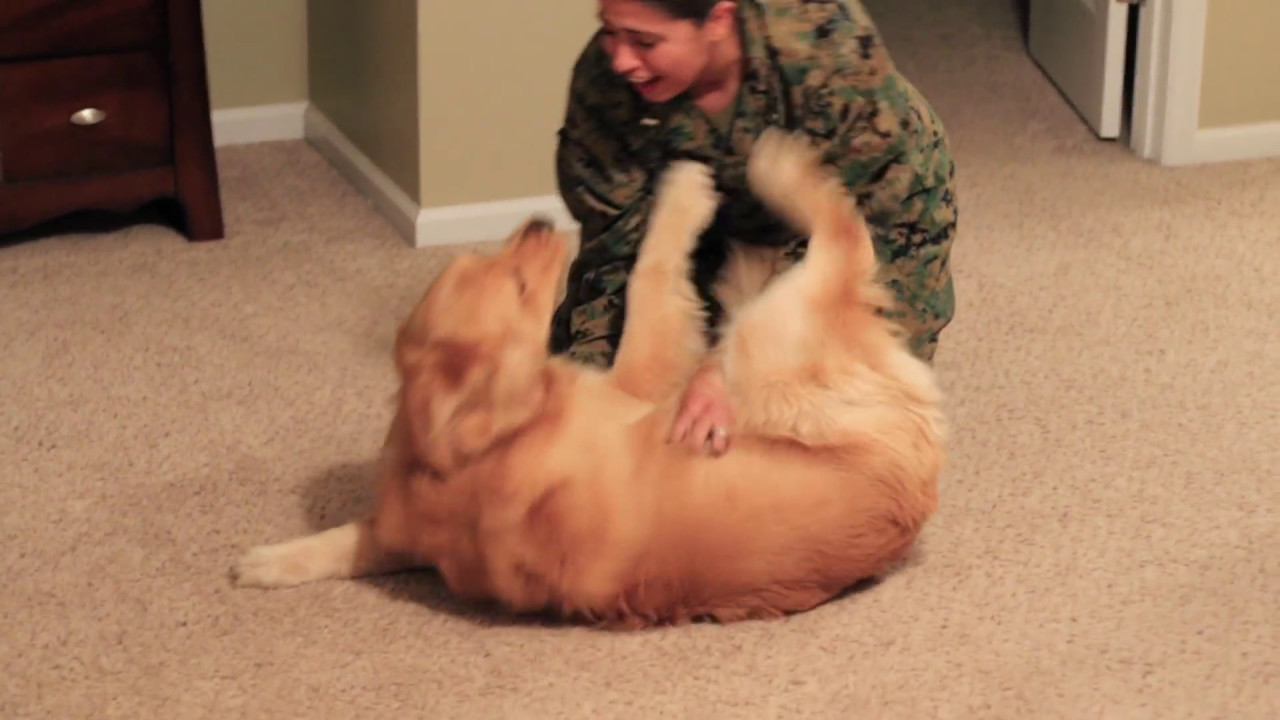Preventing Canine Parvovirus in Golden Retrievers: Vaccination and Hygiene
Introduction
Canine Parvovirus is a very contagious and dangerous disease that mostly affects dogs. Unfortunately, Golden Retrievers can get this virus. It’s important for Golden Retriever owners to know how to prevent their pets from getting sick. Making sure they get vaccinated and practicing good hygiene are the best ways to protect them from Canine Parvovirus.
Vaccination
Vaccination is the most effective way to keep Golden Retrievers safe from Canine Parvovirus. Puppies should get their first shots when they are between six and eight weeks old. They will need more shots every few weeks until they are around 16 weeks old.
Recommended Vaccinations for Golden Retrievers:
- Distemper/Parvovirus: Recommended at 6, 9, 12, and 15 weeks old.
- Rabies: Recommended at 12-16 weeks old, depending on where you live.
- Bordetella: Recommended for puppies that are going to obedience classes or doggy daycare.
Booster Shots and Regular Vaccination
After the initial vaccinations, Golden Retrievers need booster shots to stay protected. Most vets recommend getting them vaccinated every year, but some vaccines can last longer. Talk to your vet to figure out the best vaccination schedule for your Golden Retriever based on things like where you live and their lifestyle.
Hygiene
Keeping things clean and practicing good hygiene is very important in preventing Canine Parvovirus in Golden Retrievers. The virus can stay in the environment for a long time, so it’s crucial to clean their living areas and keep them disinfected to reduce the risk of exposure.
Cleaning and Disinfection:
- Use a bleach solution (1:32 dilution) to clean surfaces, especially the ones dogs touch or that may have come in contact with feces.
- Regularly wash your Golden Retriever’s bedding and toys with hot water and soap.
- Avoid places where infected dogs have been, like parks, until they are safe again.
Isolation and Quarantine:
If your Golden Retriever has been near a dog with Canine Parvovirus, you need to isolate them and talk to your vet right away. This will help stop the virus from spreading to other dogs and give your pet a better chance of getting better.
Precautions in Public Spaces:
It’s important for your Golden Retriever to go for walks and meet other dogs, but you have to be careful in public places. Avoid areas that aren’t clean or where you don’t know if other dogs have been vaccinated. Also, make sure your dog doesn’t come into contact with the feces of unknown dogs while outside.
Frequently Asked Questions (FAQs)
Q: Is the Canine Parvovirus vaccine safe for Golden Retrievers?
A: Yes, the Canine Parvovirus vaccine is safe for Golden Retrievers. It’s important to get your pet vaccinated to protect them from this dangerous virus.
Q: How long does the Canine Parvovirus vaccine protect against the virus?
A: The length of protection can vary depending on the vaccine. Generally, core vaccines protect for at least a year, but some newer vaccines can provide longer immunity. Talk to your vet to figure out the best vaccination schedule for your pet.
Q: Can my Golden Retriever get Canine Parvovirus from sniffing infected feces?
A: Yes, dogs can get Canine Parvovirus if they come into contact with infected feces. It’s important to avoid exposure to feces and practice good hygiene to prevent the virus from spreading.
Q: Can humans get Canine Parvovirus?
A: Canine Parvovirus mainly affects dogs and is not a big risk for humans. Still, it’s a good idea to practice good hygiene to be safe.
Q: Can Canine Parvovirus be cured?
A: There isn’t a specific cure for Canine Parvovirus, but early detection and aggressive treatment can increase the chances of survival. If you think your Golden Retriever has the virus, contact your vet right away.
References
- Hartmann, A. D. (2018). Canine parvovirus diarrhea. In Canine and Feline Gastroenterology (pp. 162-174). Elsevier.
- Greene, C. E. (2012). Infectious diseases of the dog and cat. Elsevier Health Sciences.
- Canine Parvovirus Vaccination. (n.d.). Retrieved from https://www.akc.org/dog-owners/health/canine-parvovirus/parvo-vaccination/
- Canine Parvovirus Infections. (n.d.). Retrieved from https://www.merckvetmanual.com/dog-owners/disorders-affecting-multiple-body-systems-of-dogs/canine-parvovirus-infections
Disclaimer
The information provided on GogoldenRetriever.com is for general informational purposes only and is not intended as medical advice. The content on this website is not intended to be a substitute for professional veterinary advice, diagnosis, or treatment. Always seek the advice of a qualified veterinarian or other qualified healthcare provider with any questions you may have regarding your Golden Retriever’s health or medical condition.
Learn more
















